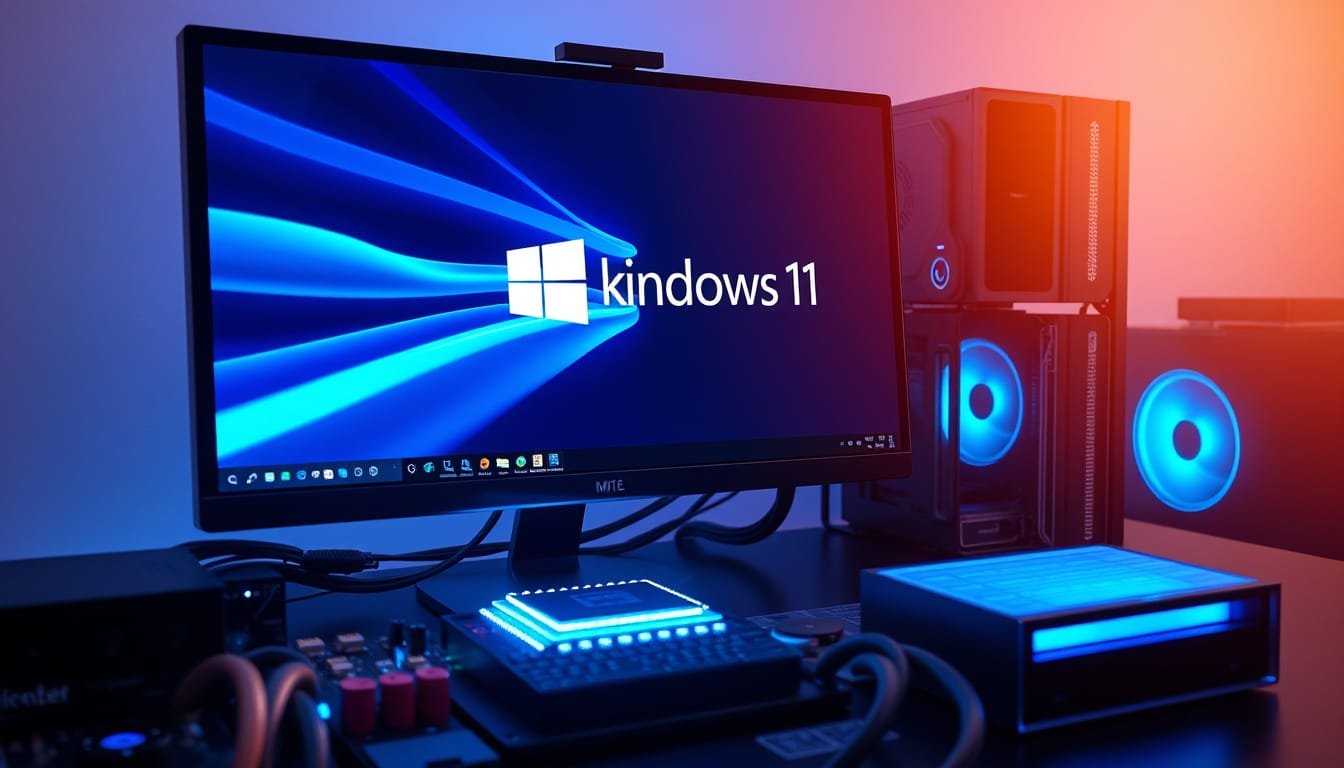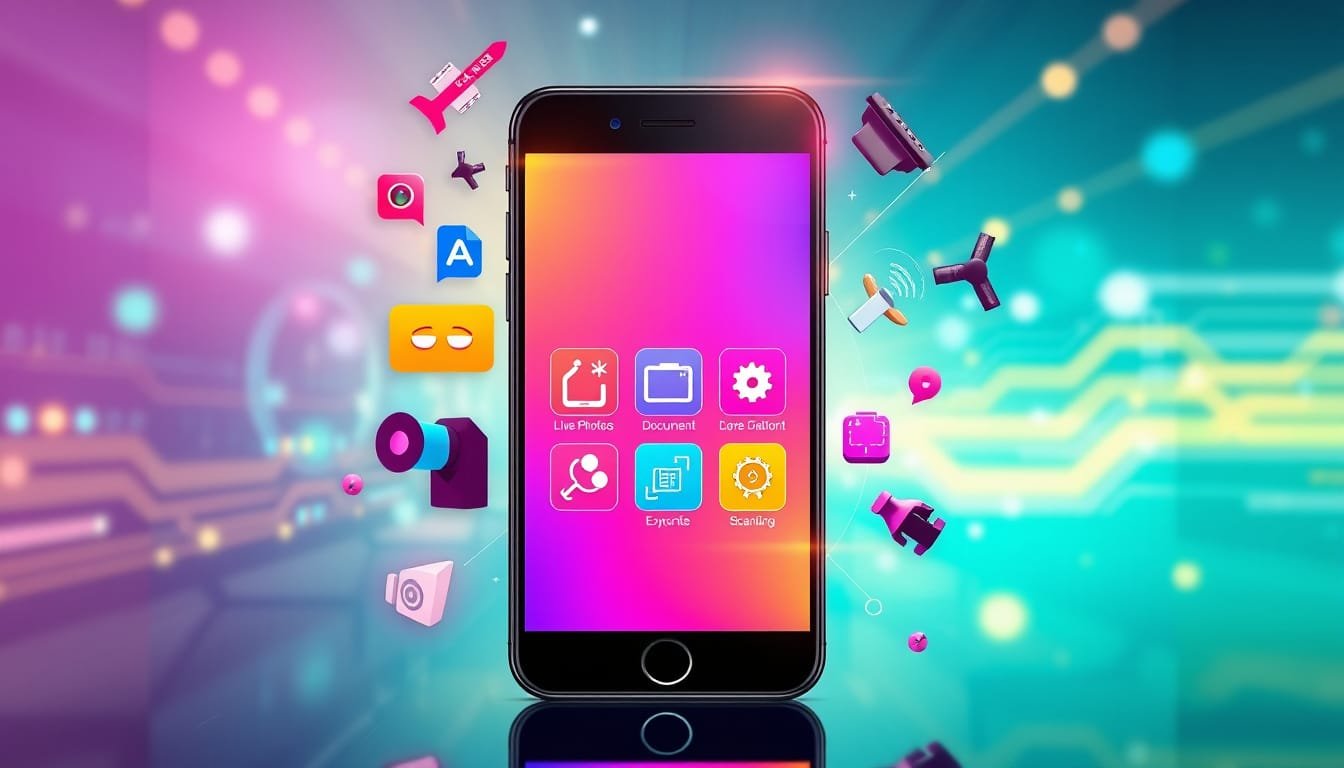In our rapidly evolving, technology-driven culture, striking the right work-life balance is more important than ever. The relentless influx of digital distractions and the blurred lines between professional and personal lives make it challenging to find balance. This article explores how to Maintain Worklife Balance in a Demanding Digital World..

Establish Clear Boundaries Between Work and Personal Time
Firstly, Creating distinct boundaries between professional and personal time is crucial for work-life harmony. Set specific work hours and stick to them as consistently as possible. Communicate these boundaries to coworkers, friends, and family members so they understand when you are not available for non-work-related matters.
Take Regular Breaks Throughout the Day

Another helpful tip is to incorporate regular breaks throughout your workday. This can aid in preventing burnout and maintaining mental clarity. During these breaks, take a moment to stretch, go for a brief walk, or participate in a stimulating activity to revitalize your mind.
Master Time Management Skills
Third, Efficient time management is essential for achieving a work-life balance. Consider employing techniques like the Pomodoro method or the Eisenhower matrix to prioritize tasks and stay focused. Working efficiently allows you to reduce time spent on work tasks and dedicate more time to personal pursuits.
Eisenhower Matrix
The Eisenhower Matrix, also known as the Eisenhower box or the urgent-important matrix, is a time management tool that helps you prioritize tasks based on their urgency and importance. The matrix consists of four quadrants:
Here’s how the Eisenhower Matrix works:
- Urgent and important tasks – These are tasks that require immediate attention and have significant consequences if not completed. Prioritize these tasks first.
- Important but not urgent tasks – These tasks are important to your long-term goals but don’t have pressing deadlines—schedule time to work on them after completing urgent and important tasks.
- Urgent but not important tasks – These tasks require immediate attention but don’t contribute significantly to your goals. Delegate these tasks if possible or complete them quickly, so they don’t interfere with more important tasks.
- Neither urgent nor important tasks – These tasks have little or no impact on your goals and should be minimized or eliminated from your to-do list.
By categorizing tasks using the Eisenhower Matrix, you can focus your time and energy on the most important tasks and delegate or eliminate less important tasks.
Pomodoro Technique
The Pomodoro Technique is a time management method that breaks your work into short, focused intervals (usually 25 minutes) called “Pomodoros.” Each Pomodoro is followed by a short break (typically 5 minutes). After completing four Pomodoros, take a longer break (15-30 minutes) to recharge.
Here’s how the Pomodoro Technique works:
- Choose a task you want to work on.
- Set a timer for 25 minutes (or your preferred duration) and start working on the task.
- Work on the task until the timer goes off, then put a checkmark on a piece of paper to mark the completion of one Pomodoro.
- Take a 5-minute break.
- Repeat steps 2-4 until you’ve completed four Pomodoros.
- After the fourth Pomodoro, take a longer break of 15-30 minutes.
The Pomodoro Technique helps you maintain focus and productivity by encouraging you to work in short, concentrated bursts with regular breaks, minimizing burnout and maximizing efficiency.
To learn more about the Pomodoro and Eisenhower methods, you can visit the following resources:
These resources provide detailed explanations, examples, and tips on how to effectively use the Pomodoro Technique and Eisenhower Matrix to improve your time management skills.
Unplug From Digital Devices
The fourth tip is, As artificial intelligence and other cutting-edge technologies pervade our lives, our reliance on digital devices has grown. It’s crucial to dedicate time away from screens and engage in activities that don’t involve technology. This can help relieve stress and promote better mental health.

Make Self-Care a Priority

In a hyperconnected world, self-care should be a top priority. This encompasses getting sufficient sleep, maintaining a nutritious diet, exercising regularly, and addressing any mental health concerns. Be mindful of the adverse effects of Daylight Saving Time and adjust your daily routine to safeguard your well-being.
Foster Hobbies and Interests Beyond Work
A Sixth tip is that nurturing hobbies and interests outside of work offer a much-needed mental break from professional demands. Whether it’s gardening, painting, or playing a musical instrument, embracing a passion contributes to balance and happiness in your life.
Reach Out for Support
Finally, Don’t hesitate to seek support from friends, family, or professional resources when needed. Sharing your challenges and discussing potential solutions can aid you in maintaining a healthy work-life balance in a demanding digital world.
By adopting these strategies, you can tackle the challenges of the digital age while preserving your work-life harmony and overall well-being. Remember, prioritizing your health and happiness is essential for thriving in both your professional and personal lives.





















